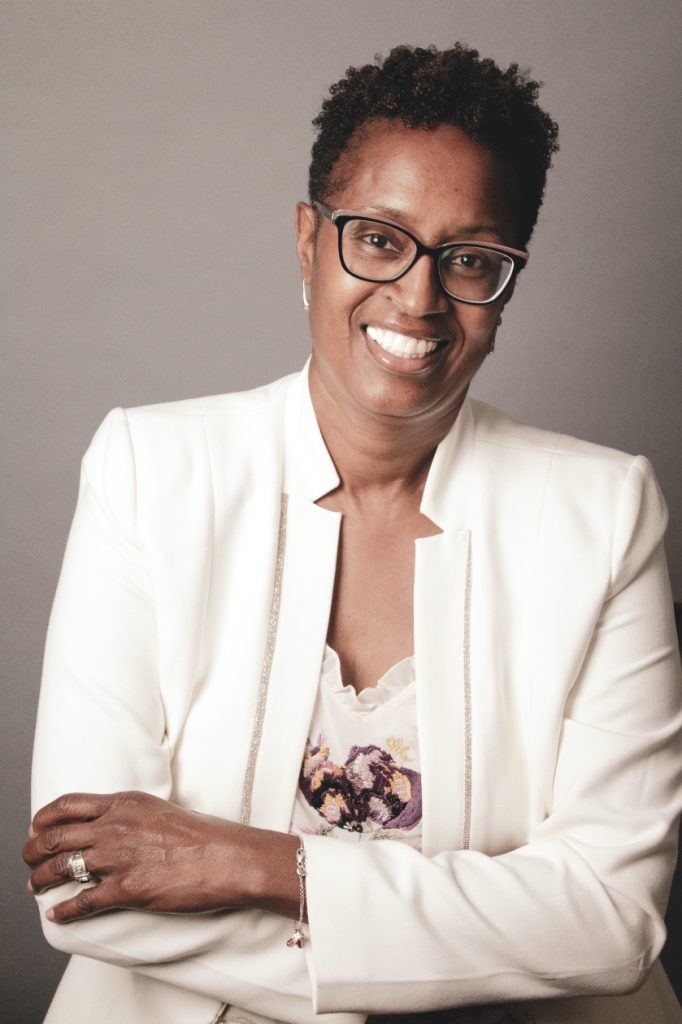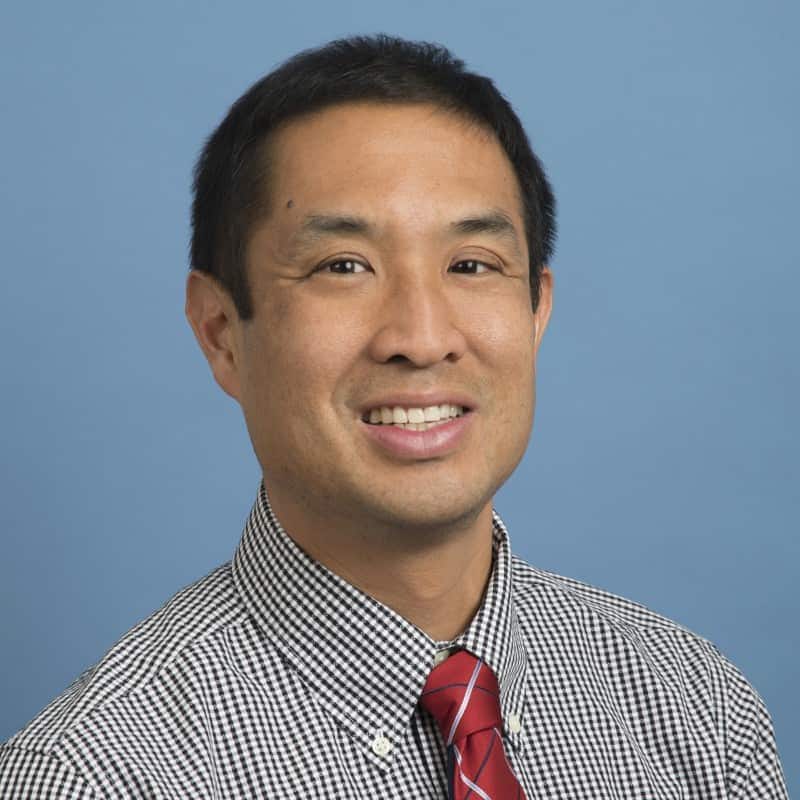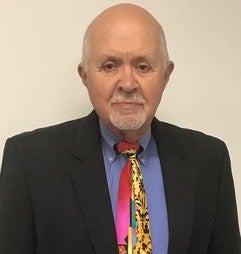Home / News & Events /
Centerstone to host 3rd annual Problem and Compulsive Gambling Symposium
Free virtual event to be held on March 24. CEUs offered.
Centerstone, a national leader in behavioral health care, is teaming up with the Illinois Council on Problem Gambling (ICPG) to host the 3rd annual Problem and Compulsive Gambling Symposium on Thursday, March 24 from 9 a.m. to 3 p.m. via Zoom. CEUs are available.
“March is Problem Gambling Awareness Month. And, Centerstone is honored to host this free event with an exciting lineup of speakers to start conversations about gambling disorder issues and educate those in attendance about prevention, treatment and recovery services available,” said Angela Quigley-Ragland, clinical coordinator at Centerstone.
Symposium speakers include:

Deborah G. Haskins, Ph.D., LCPC, ACS, MAC, ICGC II, BACC, ICGSO
“Guess Who’s Coming to Problem Gambling Treatment, Prevention, and Community Wellness? What’s On Your Menu?”
Remember Sidney Portier in the amazing “Guess Who’s Coming to Dinner?” Well, over 50 years later while there is diversity progress, we still appear surprised when treatment is available, but the numbers are quite low. Is it possible that mental health “menus” still rely on traditional theoretical and service delivery models lacking goodness-of-fit among culturally diverse individuals, families and communities? Less than 5% seek disordered gambling treatment (ncpgambling.com), and our treatment models and prevention efforts often lack cultural modifications to support communities we purport to support. Why aren’t we developing community wellness opportunities to meet the 95% who are not treatment seeking? Restaurants alter their menus regularly to meet customer needs. When will we make the necessary cultural strategic changes to appeal to the interests and desires of communities we serve? Are we willing to do a major overhaul? This session will challenge us to dig deeper and develop transformative DEI strategic plans to expand advocacy, treatment and prevention to meet the changing needs of communities during a pandemic and post-pandemic world.
Dr. Haskins is a retired counselor educator (25 years) and received her Ph.D. in Pastoral Counseling (Loyola College, now Loyola University), a Licensed Clinical Professional Counselor, and an Approved Supervisor (MD). Haskins is an Internationally Certified Gambling Counselor-II, Board Approved Clinical Consultant, International Clergy Lay Problem Gambling and Spiritual Outreach, and Master Addictions Counselor. She is President of the Maryland Council on Problem Gambling and is a recognized leader for more than 20 years in disordered gambling. Haskins has trained mental health professionals in the U.S. and abroad to understand disordered gambling and provide culturally-relevant services. Her expertise and publications include gambling disorders and cultural competency and social justice attuned mental health/wellness. She assists practitioners and faith and spiritual communities with incorporating “mental health delivery beyond traditional formats.” She previously served on the International Gambling Counselor Certification Board and the Maryland Board of Professional Counselors and Therapists. She received the National Council on Problem Gambling 2017 Don Hulen Annual Award for advocacy leadership, Monsignor Joseph Dunne Lifetime Achievement Award for Advocacy 2021 by the National Council on Problem Gambling, and the Rider University 2021 Lawson R. McElroy Engaged Learning Alumni Award. She serves on the Board of Ordained Ministry (co-chair Psychological Review) and the Association for Spiritual, Ethical, and Religious Values in Counseling (ACA, 2019-2022). Her current efforts include developing online/virtual professional development and community wellness and equipping faith/spiritual communities to support disordered gambling and homicidal loss/trauma advocacy and trainings.

Dr. Timothy Fong, Professor of Psychiatry at the Semel Institute for Neuroscience and Human Behavior at UCLA
“The Impact of Gambling on Physical Health”
The presentation will cover the latest research and clinical evidence on how gambling behaviors can impact physical health. Dr. Fong will review how gambling disorder impact quality of sleep, nutritional statues, stress-related illnesses and general health status. He will review underlying relationships between gambling and how it alters biopsychosocial functioning and, ultimately, how it impact the physical condition. Data from the California Gambling Education and Treatment Services Program will highlight real-world experiences about the importance of addressing gambling’s impact on physical health. Dr. Fong will review office-based techniques for addressing and improving physical health of gambling presenting for treatment.
Fong is a Professor of Psychiatry at the Semel Institute for Neuroscience and Human Behavior at UCLA and he is board certified in adult and addiction psychiatry. He is the director of the UCLA Addiction Psychiatry Fellowship, a one-year program that provides clinical training in the management of addictive disorders. He is also the co-director of the UCLA Gambling Studies Program. The purpose of this program is to examine the underlying causes and clinical characteristics of gambling disorder in order to develop effective, evidence-based treatment strategies. Fong is part of the Steering Committee of the UCLA Cannabis Research Initiative whose mission is to address the most pressing questions related to the impact of cannabis legalization through rigorous scientific study and discourse across disciplines.

ICPG Administrator Bill Johnson
“Stigma, Recovery and Addiction: How the Issue of Stigma has an Effect on those Seeking Treatment for any Disorder”
The presentation will include a candid discussion about the 23 million people who mostly live silently in recovery and how putting a more public face on recovery can help with treatment and successful recovery outcomes. His own 43+ years of personal recovery from addiction and the years he’s worked in the field gives him a unique perspective on the issue. Johnson will cover the traditions of anonymity that started in 1933, the birth of the present self-help movement, and the birth-to-present movement of putting a face on recovery, as well as how all of this can help people recovery and talk publicly about our personal recovery but not violate any of the traditions of today’s 12 step movement.
Johnson has worked in the addiction treatment and prevention field for more than 45 years. His experience has spanned the continuum of care – from detox to residential services. He was certified as an addiction professional for more than 34 years, receiving his first credential in 1978 in Illinois. He served as the Executive Director of a large rural treatment program for more than 10 years and as the Executive Director of the Illinois Alcohol and Other Drug Abuse Professional Certification Association for 17 years. He established a consultant business, provided training across the United States, and served as an advocate for those wishing to pursue addiction credentialing internationally. He was part of an international group that provided credentialing in Nepal. He currently serves as the Administrator of the Illinois Council on Problem Gambling. He is most proud of having more than 42 years of continuous recovery from addiction; he has not used any alcohol or illicit drugs during that time.
This training has 4 hours of continuing education approved for IL LCPC / LPC, IL LCSW / LSW, and IL Nursing (LPN, RN, APN) under IDFPR Professional Counselor CE License No. 197.000263 and IDFPR Nurse CE Sponsor License No. 236.000184. Participants will need to attend the entire symposium to receive CEUs; no partial credits will be given.
The event is free and open to the public. All participants must register online at https://bit.ly/032422.
For more information, contact Quigley-Ragland at Angela.Quigley@Centerstone.org.


